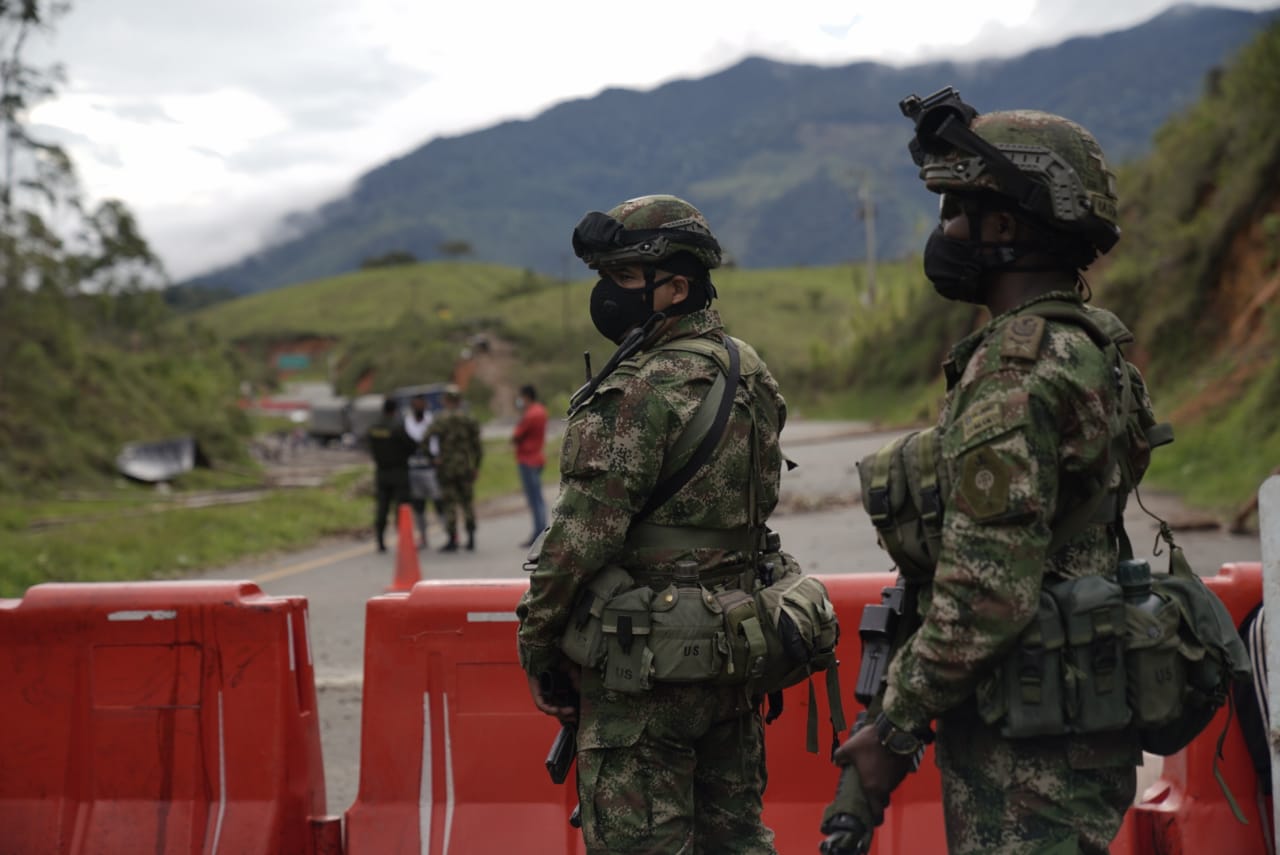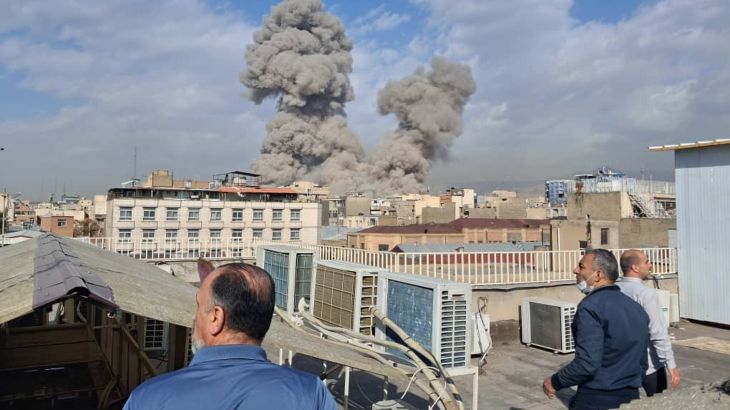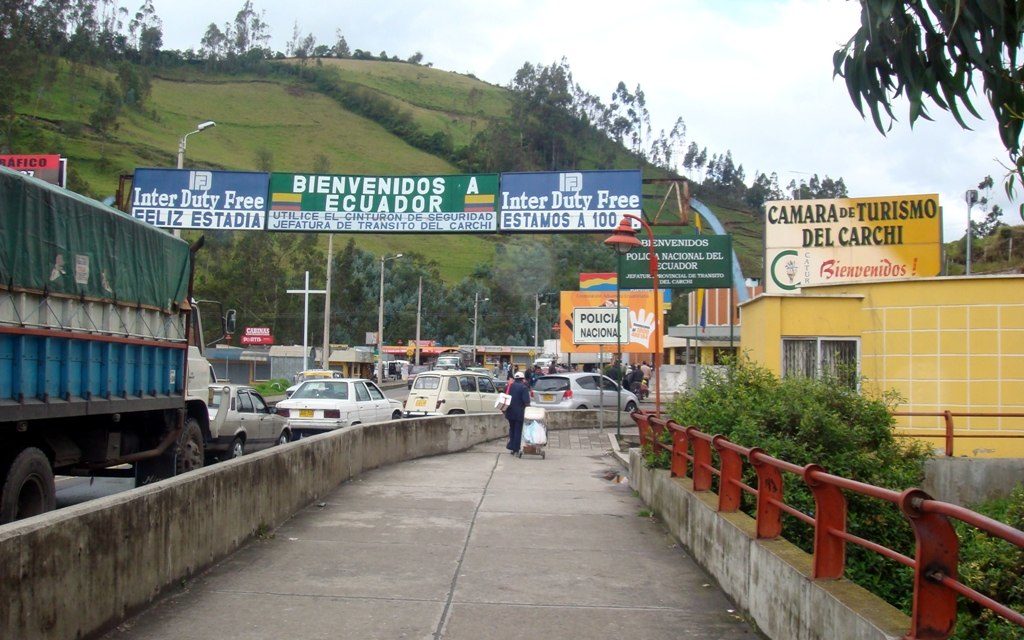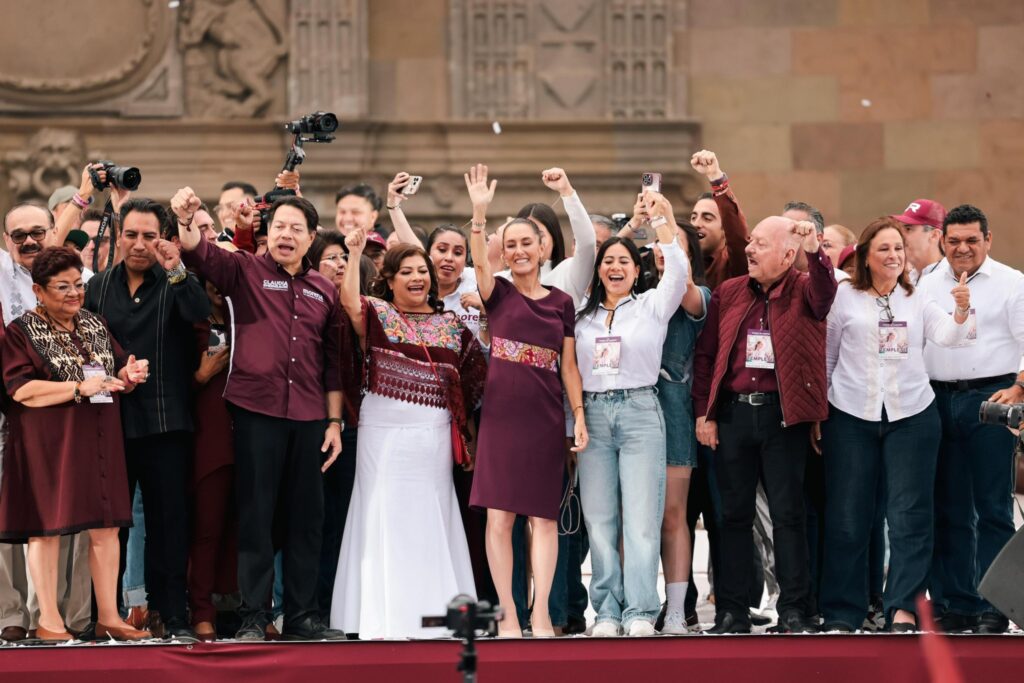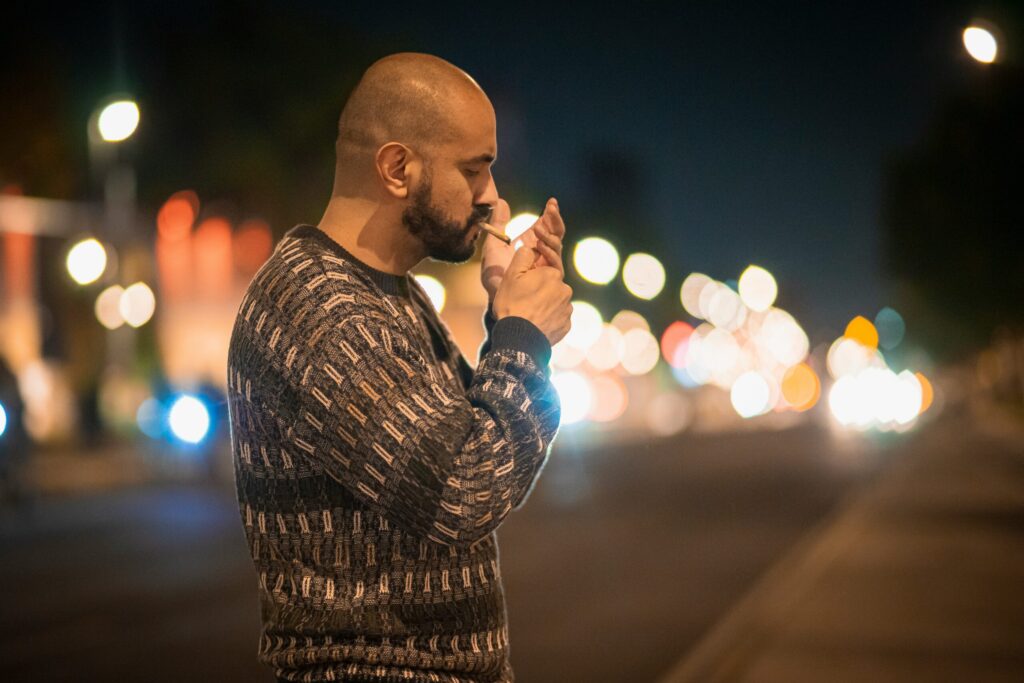Western Colombia was rocked by a series of 24 coordinated attacks today, June 10, that claimed the lives of seven people and wounded 28 others, according to the National Police.
The wave of bombings and shootings was carried out by the Central General Staff (EMC) guerrilla group in the Cauca and Valle de Cauca departments, affecting major cities like Cali and Buenaventura.
The violence comes just days after presidential hopeful Miguel Uribe was shot at a campaign rally, intensifying concerns about the country’s deteriorating security situation.
Five civilians and two police officers were killed during the violence while 19 civilians, seven police and two soldiers were injured, according to a statement by the National Police.
The coordinated attacks employed a range of violent methods, including car and motorbike bombs, gun attacks and launched explosives.
The EMC, a splinter group of the now-defunct Revolutionary Armed Forces of Colombia (FARC), has carried out similar offensives in the past, but not on this scale.
“This is the first time that they’ve done it in such a coordinated manner across so many geographies,” Elizabeth Dickinson, Senior Colombia Analyst at International Crisis Group, told Latin America Reports.
Notably, the attacks affected Cali, Colombia’s third largest city, which has remained largely unaffected by recent guerrilla violence in the region.
The government has suggested today’s events may be linked to Saturday’s assassination attempt on Miguel Uribe, a presidential hopeful who remains in critical condition, according to the hospital where he is being treated.
“There are hypotheses that indicate that this morning’s attacks could be related to the attack on Miguel Uribe,” Minister of Interior Armando Benedetti told the press in Bogotá today.
It is unclear what links, if any, exist between the two events that happened just days apart.
Analysts say that the EMC may be taking advantage of the public security crisis triggered by Uribe’s shooting.
“I think it’s not a coincidence that it happened today, taking advantage, I think, of the mood of concern and instability that’s been created in recent days,” said Dickinson.
The analyst described the violence as a show of strength by the EMC, which has been engaged in combat with state security forces after the government suspended a ceasefire in March last year.
Today’s attacks targeted police stations and military installations, although they also affected civilian infrastructure.
Departmental and local government officials in Valle de Cauca sent an open letter to President Gustavo Petro following the violence.
“We need decisive and comprehensive actions that will allow us to assume control of the region,” read the communiqué signed by the Governor and the mayors of Cali, Buenaventura, Palmira, and Jamundí, the main cities in the department.
“Vallecaucanos today live in fear of the growing threat of violence, extortion and the presence of illegal armed groups,” continued the letter.
Petro condemned the attacks and said he would travel to Cali on Wednesday to meet with police and military officials.
The president also said he would discuss possible links between the violence and Uribe’s assassination attempt during the meeting.
The Ministry of Defense has offered COP $300 million (roughly USD $70,000) for information preventing a further attack or helping identify those behind the violence.
Featured image description: A military checkpoint in Valle de Cauca.
Featured image credit: @Mindefensa via X.


